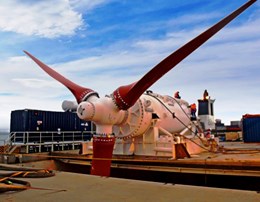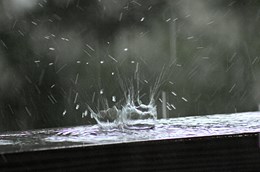Thursday, 18/12/2025 | 17:35 GMT+7




















 Bosch Vietnam Plant Benefits from Investment in Energy Efficiency
Bosch Vietnam Plant Benefits from Investment in Energy Efficiency
 Webinar 2: “Financial Support for Energy Efficiency Enterprises – Opportunities and Challenges”
Webinar 2: “Financial Support for Energy Efficiency Enterprises – Opportunities and Challenges”
 Vietnamese enterprises achieve green growth and cut costs through energy efficiency
Vietnamese enterprises achieve green growth and cut costs through energy efficiency
 Capacity Building for Program Implementing Entity
Capacity Building for Program Implementing Entity
 Promoting Energy Efficiency for Technical Staff of Brick and Ceramic Sector
Promoting Energy Efficiency for Technical Staff of Brick and Ceramic Sector
 Enhance Energy Efficiency Knowledge for Managers of Cement Industrial Enterprises
Enhance Energy Efficiency Knowledge for Managers of Cement Industrial Enterprises
 Capacity building for participating financial institutions of the VSUEE Project
Capacity building for participating financial institutions of the VSUEE Project